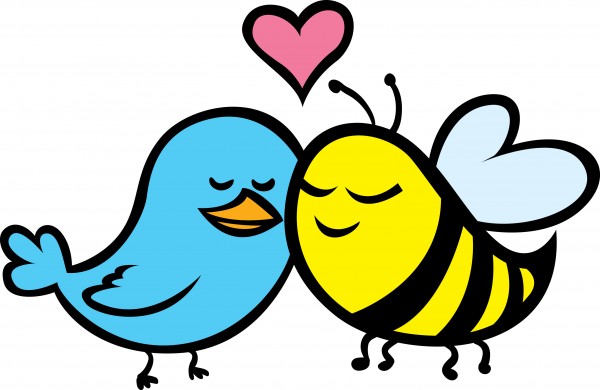Kids on the autism spectrum usually get the “puberty talk” at school and parents have the “sex talk” at home. The problem is, like everything else, they learn the facts, but facts alone do not help them to navigate this complicated time in their lives. Everyone knows they have social difficulties, they have trouble with non-verbal social cues and they often have trouble knowing what is socially appropriate. What is more social and non-verbal than sexuality? How is it we forget that they may need a very different kind of sex talk then their typical peers?
Many kids on the spectrum act inappropriately sexually when their intent is completely naive. A patient of mine, who happens to be academically brilliant, went on a religious retreat with other teens. After a day of activities and prayer, the rabbi asked the group to close their eyes and pray. He then said, “Would anyone like to share their thoughts?” My patient immediately raised his hand and said, “I just can’t stop thinking about how much I want to go across the room and touch Mary’s breasts.” The kids all burst out laughing and the rabbi looked horrified. My patient had no idea what the fuss was about. Fortunately he was with a group of kids who knew him, and knew he had Aspergers. However, even so, Mary was deeply embarrassed and, if her parents were not so understanding, you can imagine their reaction. “A boy said that to my daughter in front of all the kids at a religious retreat?”
I have had other patients on the spectrum who have gotten into more serious trouble for sexually inappropriate behavior, and also had no clue what they did wrong. Speaking inappropriately about sexual feelings, masturbating in public, taking inappropriate pictures, touching random peers or asking to be touched in a sexual manner, all without awareness of the consequences, are common among kids on the spectrum. We all know, there is zero tolerance for inappropriate sexualized behavior, and kids on the spectrum are not given a free pass. As parents, we know they had no bad intent, but we also know the impact on others can be hurtful, no matter what the intent. And the consequences can be not only social and emotional, but legal.
They may also become targets themselves. Just as they often do not realize they are being bullied, they may not realize when they are being taken advantage of by someone in a sexualized manner. Kids on the spectrum are vulnerable due to their difficulty in understanding social interactions. They may need both protection from others, and, supervision to protect others, as they learn appropriate sexual behavior and how to manage their new sexual feelings.
These kids need to be taught the rules of sexual behavior, just like they learned the rules of other social behaviors. It is not fair to them for us to assume they know. Depending on their developmental level, the rules for sexual behavior may include: No touching private parts of anyone else. Only Mom, Dad, and your doctor can touch your private parts. Masturbation is a private activity and never done in public with other people around. It is normal to feel strong sexual feelings. You may feel sexual feelings towards members of your own sex. This is normal and does not mean you are gay. You need to talk to us about anything that confuses you or makes you feel uncomfortable. You may have to add, “If you break these rules you can get in big trouble with the police. This is important.”
Sex Education is like everything else you have experienced with your child. One size does not fit all. Without this understanding, your child is at risk for acting inappropriately sexually, and everyone responding with, “How could you not know that was wrong?” We need to ask ourselves, “How can we expect that, if it was never clearly spelled out?” As your child on the spectrum approaches puberty, this is your teachable moment.


